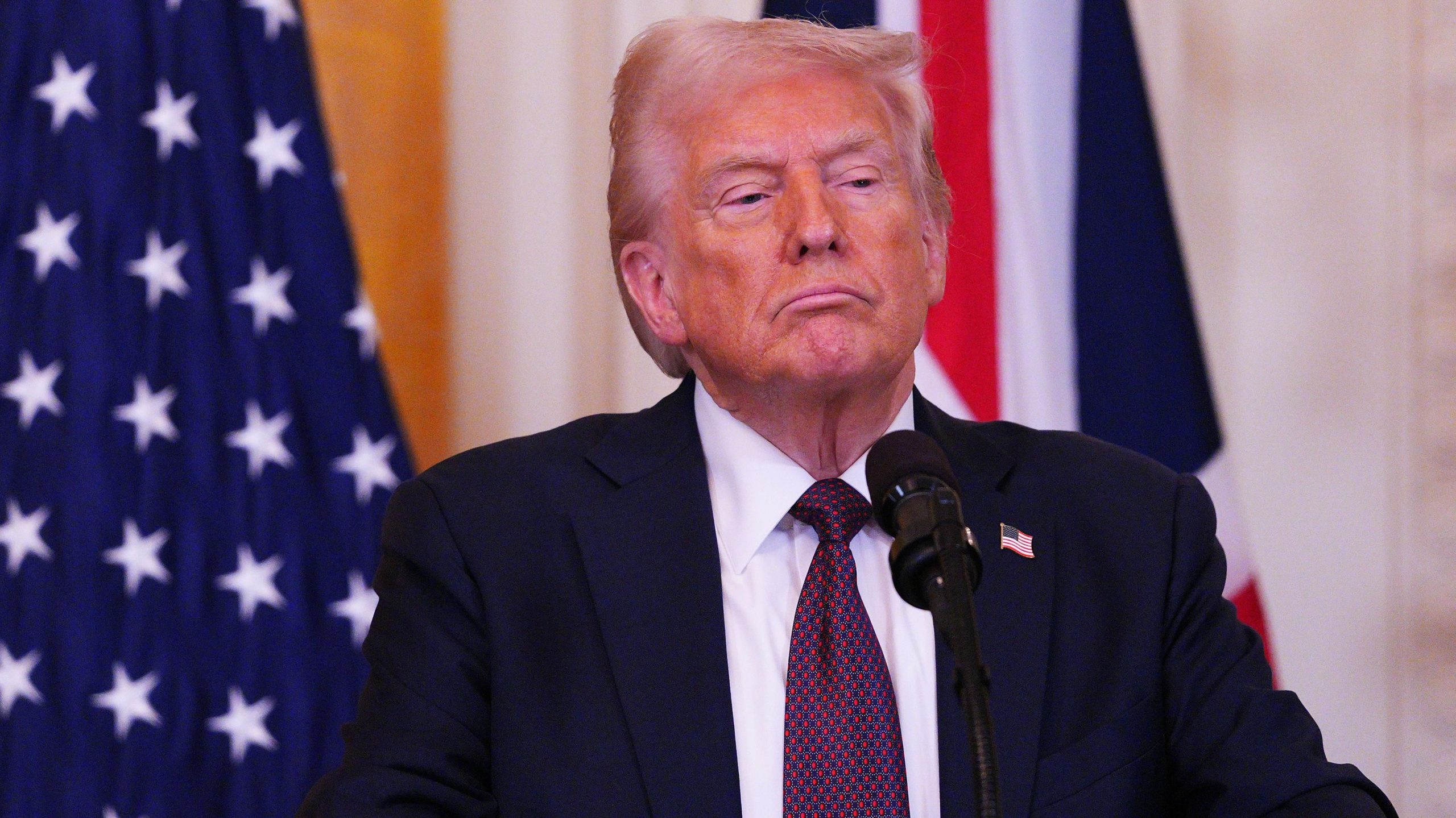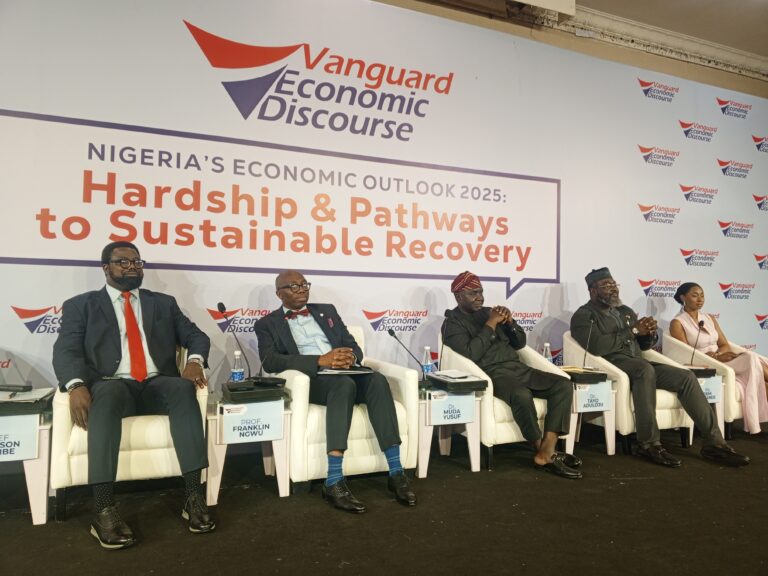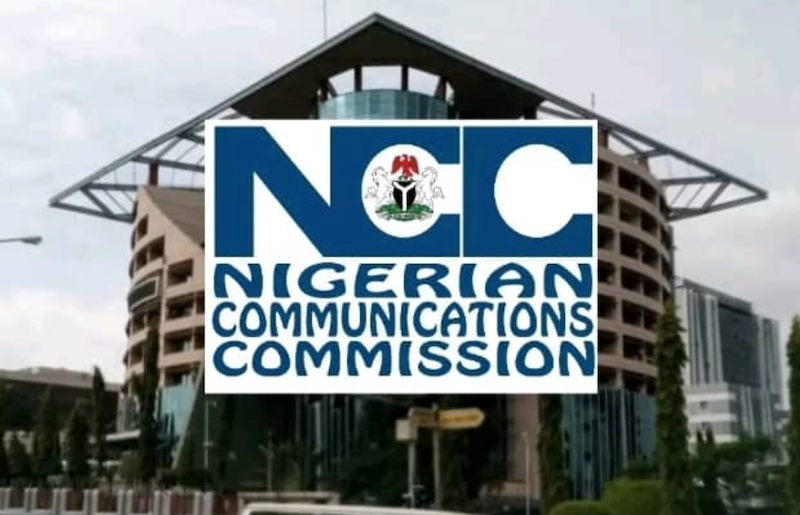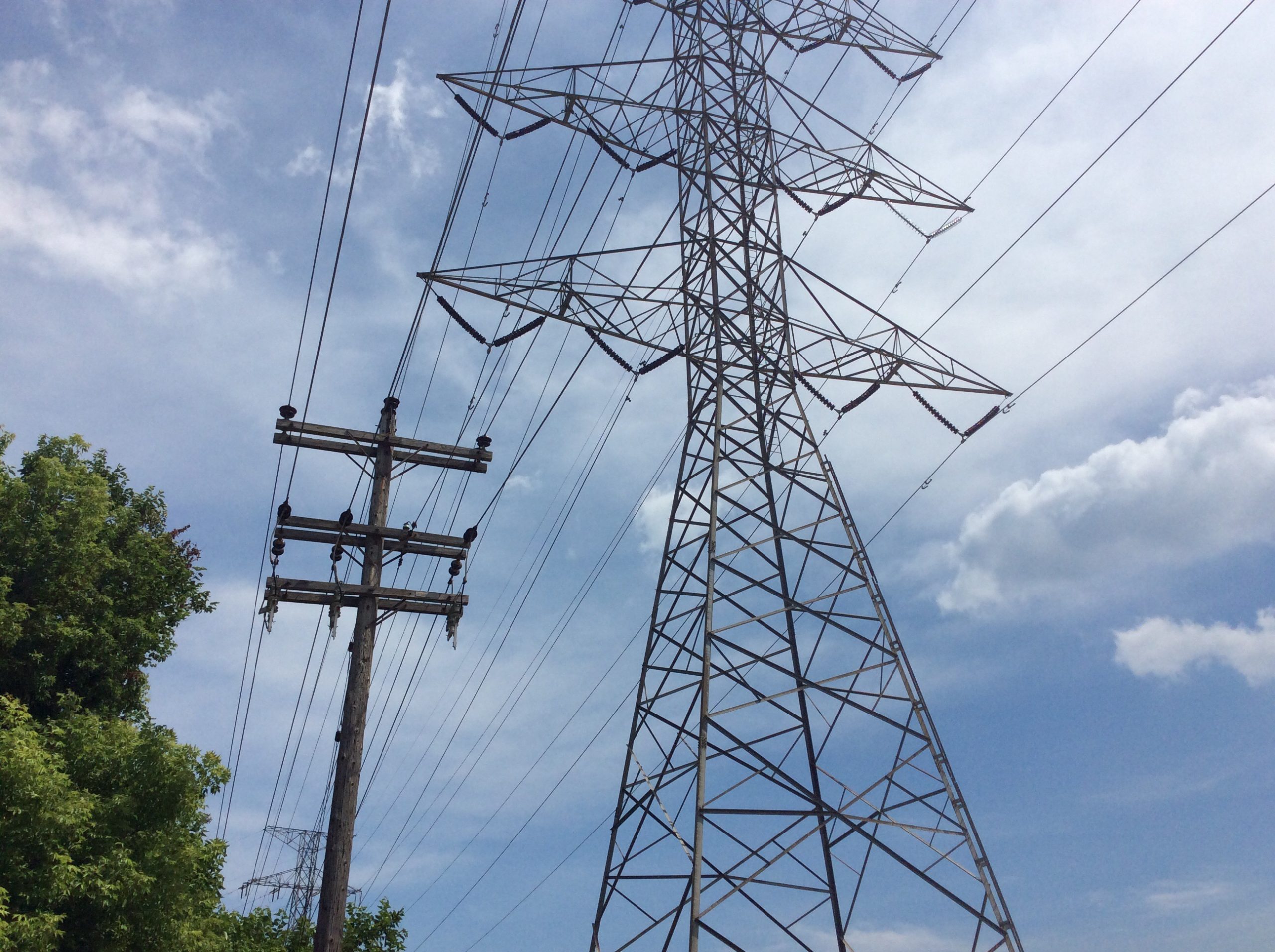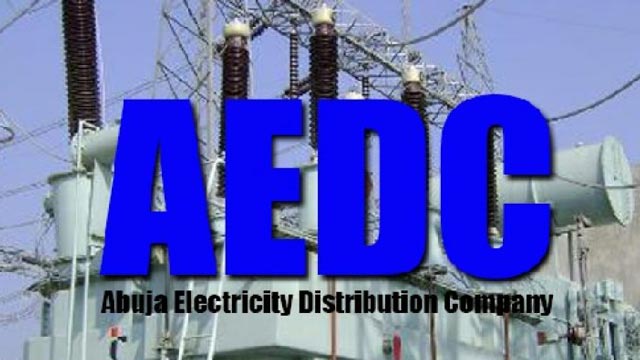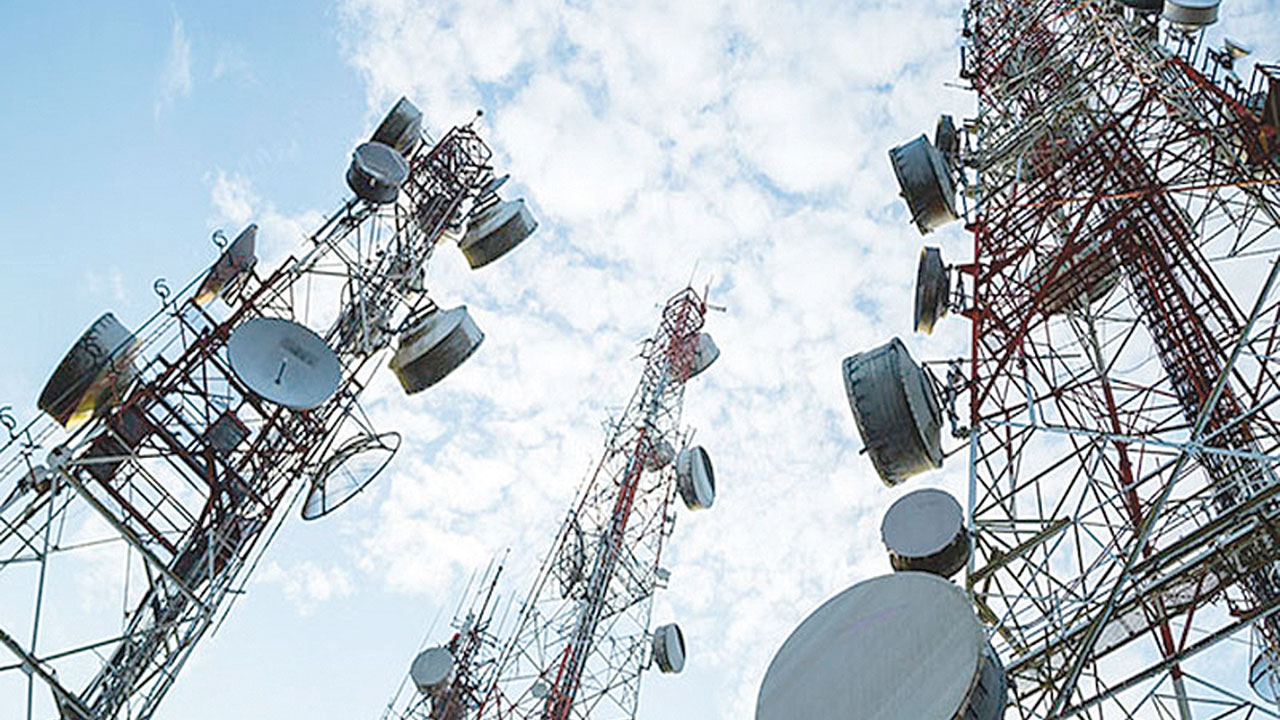An economist, Dr. Yemi Kale, says Nigeria requires 40 per cent annual growth rate to cushion the potential negative impact of the United States’ (U.S.) recent tariff hike on its one trillion dollar economic growth vision.Kale, who is the Group Chief Economist and Managing Director, Research and Trade Intelligence, Afreximbank, said this on Wednesday in Lagos at the 2025 Vanguard Discourse.
He urged the government to implement policies that foresee and mitigate the impact of the U.S. tariff hike on Nigerian exports.
He called for sustainable reforms that would ensure over 40 per cent annual growth.
Kale urged Nigeria to leverage its strengths, including its youthful population and abundant natural resources, to reposition itself to harness African and global trade opportunities.
“The path to economic resilience, inclusive prosperity and reducing economic hardship is neither quick nor easy, but it is clear. We know what must be done. The foundational pillars are not in question.
“Stabilise the macro-economy, restore credibility in fiscal and monetary policy, curb inflation and rebuild investor confidence.
“Diversify the productive base, unlock the potential of agriculture, manufacturing, services and the digital economy.
“Invest in people and institutions because sustainable growth only happens when human capital is empowered and governance systems are effective,” he said.
He called for sustainable transformative reforms in the real, monetary, fiscal and external sectors for the actualisation of Nigeria’s vision.
Kale stressed the need to address low productivity in agriculture, where maize yields lag at 1.5 tons per hectare compared to a global average of six to eight tons, coupled with 40 per cent post-harvest losses and climate vulnerability.
“What Nigeria needs is quality growth that is inclusive, equitable, job-creating and resilience-building,” he said.
He also explained the need for inclusive growth while highlighting factors needed for inclusivity to achieve the one trillion dollar vision.
He said the sub-theme for the 2025 discourse, “Economic Hardship and Pathways to Recovery,” speaks both to current struggles and the unwavering hope of Nigerians for a resilient, inclusive and prosperous country.
Also, the President of the Nigerian Association of Chambers of Commerce, Industry, Mines and Agriculture (NACCIMA), Dele Kelvin Oye, described the U.S. tariff hike as a severe blow to an already strained economy.
“This tariff directly jeopardises enterprise growth and could precipitate job losses, particularly in our non-oil export sectors,” he said.
Oye, also the Chairman of the Organised Private Sector of Nigeria (OPSN), urged the government to collaborate with the private sector before implementing policies.
“We appeal to the government to listen to us more before making policy changes.
“Sudden decisions, whether on taxation or trade, disrupt investment flows and weaken investor confidence,” he said.
He called for infrastructure and human capital development to address youth unemployment already exceeding 53 per cent and inflation at 23.18 per cent as of February.
He said the tariff hike threatens to deepen Nigeria’s cost-of-living crisis and urged Nigeria to diversify its trade relations.
“Instead of relying heavily on America, we should build new trade partnerships. There are opportunities across Africa, Asia, and Latin America we must explore,” he said.
Panelists at the event suggested that beyond policies, implementation would bring about actionable viable development.
The Chief Executive Officer(CEO) of the Nigerian Economic Summit Group (NESG), Mr. Tayo Aduloju, said that for Nigeria to witness significant economic development and compete globally, it must build on three major institutional pillars.
“We must have very strong political, economic and social institutions. Poor quality of leadership and weak institutions are responsible for where we are as a nation today,” he said.
Dr. Muda Yusuf, CEO, Centre for the Promotion of Private Enterprise (CPPE), said Nigeria’s trade policies stifle the growth of businesses and deter potential investments.
“We have a trade policy that seems to be centered mainly on revenue generation.
“This puts unnecessary pressure on businesses. The tariff regime in Nigeria is too high,” he said.
